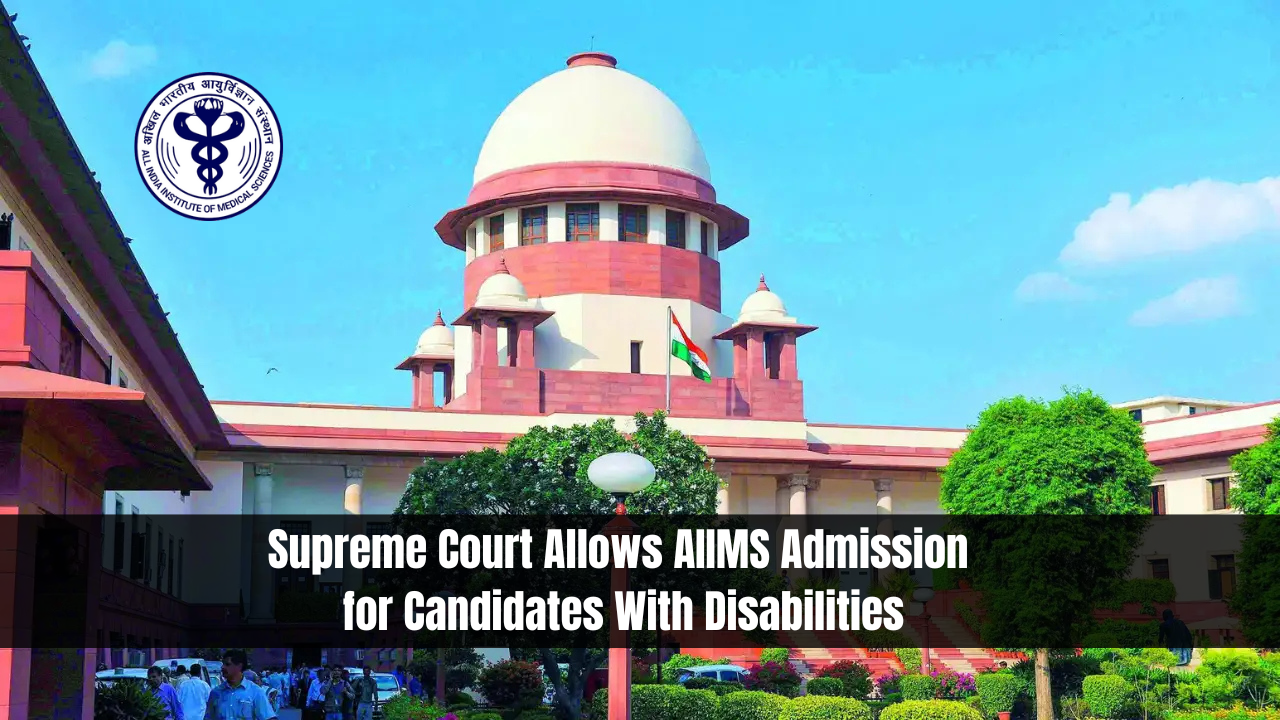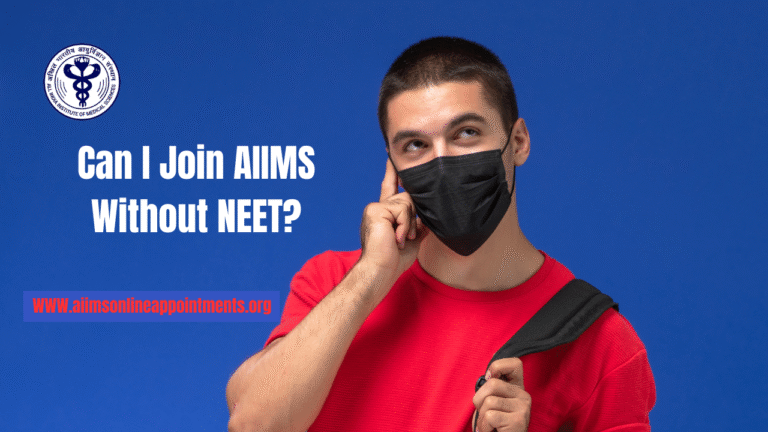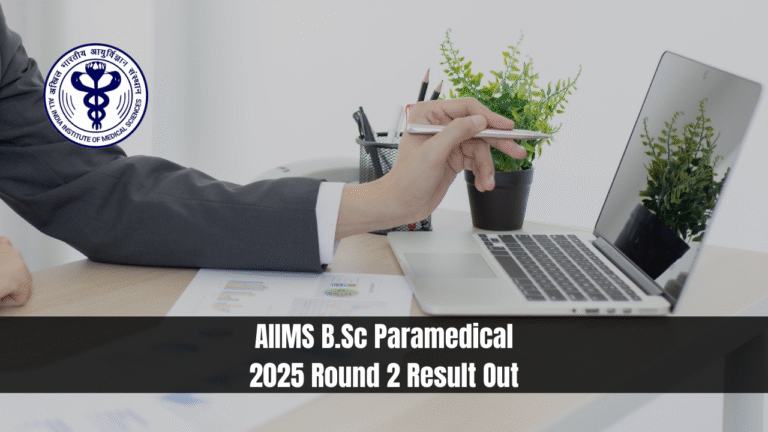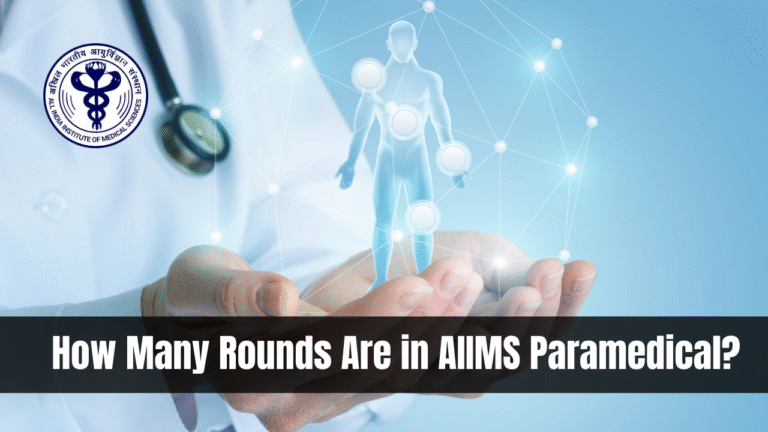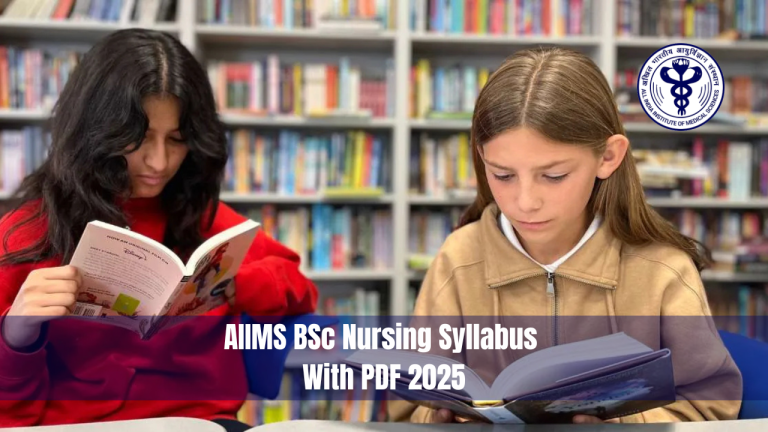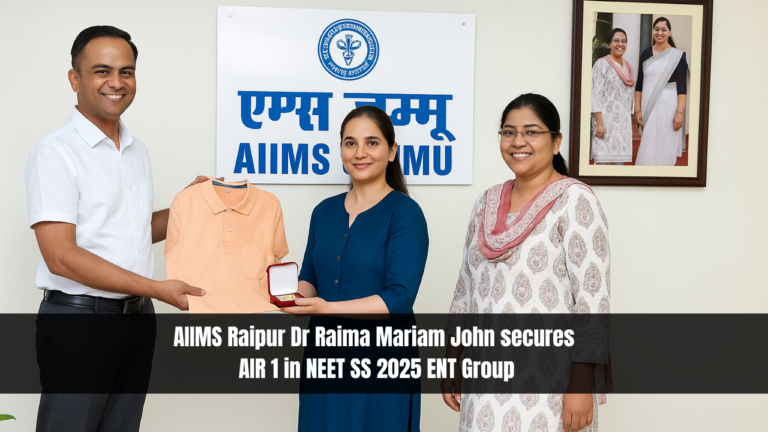Supreme Court Allows AIIMS Admission for Candidates With Disabilities
Supreme Court Allows AIIMS Admission for Candidates With Disabilities.Supreme Court of India has ruled that a Scheduled Caste candidate with a benchmark disability can be admitted to the MBBS UG 2025-26 academic session at AIIMS, New Delhi, in a landmark judgment that reaffirms the constitutional rights of persons with disabilities (PWDs). According to the court, reasonable accommodations are not acts of charity, but constitutional rights derived directly from Articles 14, 16, and 21.
Supreme Court Upholds Equal Rights for PWD Candidates
As a Scheduled Caste PwBD candidate, the appellant was denied admission to AIIMS due to a congenital disability-absence of multiple fingers on both hands and partial impairment of the left foot. Under the existing guidelines of the National Medical Commission (NMC), his medical disability was deemed ineligible despite an impressive category rank of 176 in the NEET-UG 2024.
However, in a decision that could redefine inclusive education in India, a bench comprising Justices Vikram Nath and Sandeep Mehta declared that the denial of admission was illegal, arbitrary, and violative of the candidate’s fundamental rights. The verdict not only delivers justice to the individual but also challenges institutional biases that prevent Persons with Benchmark Disabilities (PwBDs) from participating equally in professional education.
Court Recognizes Systemic Discrimination in Medical Admissions
During the hearing, the Supreme Court noted that the AIIMS decision showcased systemic discrimination and institutional prejudice. The court cited the constitutional doctrine of substantive equality, which mandates affirmative action and reasonable accommodations for marginalized communities, especially those living with disabilities.
Justice Sandeep Mehta, in the ruling, wrote:
“The mindset must change… this trivial aberration cannot be a reason to deny admission to a highly qualified and competent individual who cleared NEET with a high score.”
The court also highlighted that a candidate with a lower rank had already secured a seat under the Scheduled Castes PwBD quota. Thisquota. This further amplified the unfairness of the rejection.
Medical Board Validates Functional Ability of a Candidate
In its previous assessments, multiple medical boards concluded the candidate was ineligible. However, a final evaluation conducted on April 24, 2025, by a five-member Medical Board at AIIMS New Delhi, found the appellant capable of handling medical responsibilities. The only minor challenge reported was the difficulty in donning sterilized surgical gloves. This was agloves. This was a concern that the court dismissed as inconsequential in light of the candidate’s proven adaptive skills.
Supreme Court Quotes: Key Judgments: Om Rathod & Anmol Cases
This ruling builds upon recent precedents set in Om Rathod v. Director General of Health Sciences (2024) and Anmol v. Union of India (2025). These cases have clarified that a benchmark disability alone does not automatically disqualify a candidate from pursuing medical education.
In the Anmol judgment, the Supreme Court ruled that the NMC’s requirement that MBBS aspirants must have “both hands intact with sensation and strength” was arbitrary, exclusionary, and unconstitutional. The current case reaffirms this stance, calling upon the NMC to amend its admission guidelines within two months beforemonths before the commencement of MBBS counselling for 2025-26.
Constitutional Rights of PwD and PwBD Must Be Upheld
The Supreme Court’s remarks remind educational institutions and regulatory bodies must not impose blanket exclusions on the basis of disability. Instead, the assessment must be individualized, evidence-based, and free from discriminatory presumptions.
The court has stated:
“The promise of equality is not just symbolic but substantive. It compels the State to ensure that PwD and PwBD candidates enjoy full and equal participation in all aspects of life, including access to professional education.”
By equating reasonable accommodation to a fundamental right, the court has strengthened the legal foundation for inclusive education in India. It reiterated that systemic hurdles must be dismantled and replaced with empathetic, legally sound practices that ensure equal opportunity.
NEET Reappearance Waived: Relief for Candidates
Given the progress of the current academic session (2024-25), the court instructed AIIMS to accommodate the candidate in the next MBBS academic cycle (2025-26) without requiring him to appear for NEET-UGfor NEET-UG 2025 again. This compassionate yet lawful relief underscores the judiciary’s commitment to fairness and justice.
NMC Directed to Revise Discriminatory Guidelines
One of the key takeaways from the verdict is the directive to the National Medical Commission to overhaul its current framework and remove discriminatory clauses that unfairly penalize PwBD candidates. The Court’s timeline—within two months—is a call for urgency and accountability.
This move will not only ensure compliance with constitutional norms but also help build a more inclusive and equitable medical education system in India.
Conclusion
Supreme Court decision to grant MBBS admission to a PWBD candidate under the Scheduled Caste quota at AIIMS is a watershed moment in India’s pursuit of inclusive education and disability rights. It sends a powerful message that reasonable accommodation is a legal obligation, not a discretionary gesture.

